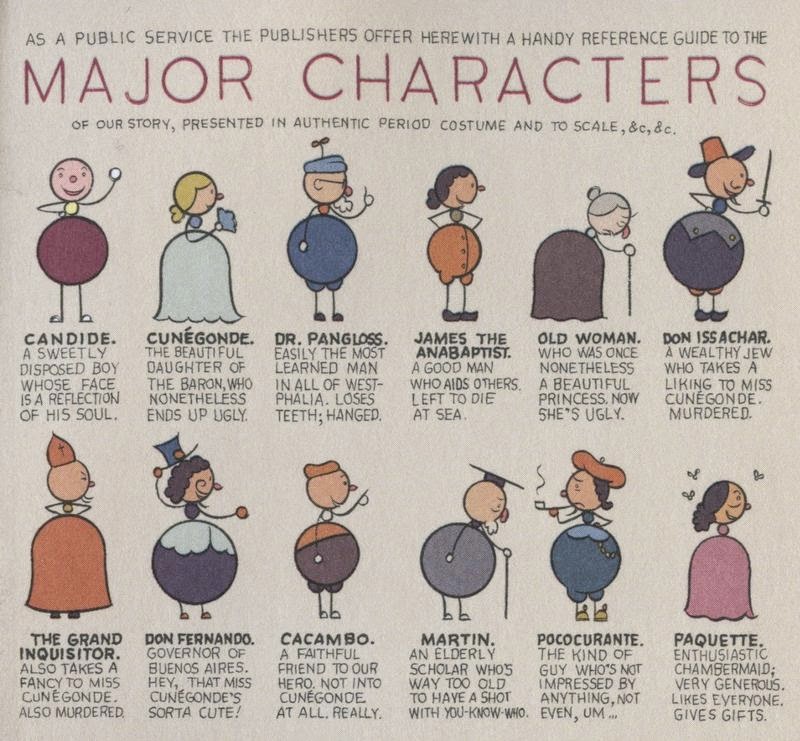Ensign: My Visit To Lord Pococurante, A Noble Venetian
All ye inhabitants of the world, and dwellers on the earth, see ye, when he lifteth up an ensign on the mountains; and when he bloweth a trumpet, hear ye. Isaiah 18:3
AN ENSIGN ON THE MOUNTAINS 25 April 2014
“I may not approve of what you say, but I will defend
to the death your right to say it.” That's attributed most often to
Voltaire, but one or two earlier sources have it too; I really like
another one I read last month. “To learn who rules over you, simply
find out who you are not allowed to criticize.” I think in that
sense you could well say that even God does not rule us, for you and
I certainly do criticize our Creator. (YES, Virginia and North Dakota
and Florida, even I am not immune to that.)
Liberty in its broadest sense to associate with whom one chooses and be whom one chooses to be was not on the mind of the “woman in the city, which was a sinner” (so she's described in Luke 7:37 at Simon the Pharisee's house where Jesus is dining – from “they that sat at meat with him” in verse forty-nine, we can guess it was more than a one-on-one) she just knew Jesus was in town and wanted to meet him and show her thankfulness to him, without being concerned how she'd look doing it.
For
the matter of that I say as I please, and I care very little whether
others think as I do.
The fictional Lord Pococurante (his name translates from
Italian as “caring little”) lessoned Candide – the main
character of the story who'd been thrown out of a palace and fought,
sailed, and otherwise said and did much that dispelled his teacher's
engrained notion of this world being the best of all possible worlds
(seriously, READ THE BOOK) – as the woman weeping at Jesus' feet,
wiping her tears off Jesus' feet, and kissing Jesus' feet before
anointing them with ointment lessons us reading her story that how we
physically appear to Him is not the issue. That we're there and that
we're paying attention is.
It doesn't say through the rest of the chapter (the full
story of that night at Simon's house is Luke 7:36-50) whether the
woman at Jesus' feet heard Jesus telling the parable of the creditor
(King James-speak for the story in verses 41 through 43, where a man
owed five hundred days' wages by one person and fifty days' by
another who both couldn't pay and then were forgiven their debts)
except as background. But Jesus used her – in an edifying way –
to make a point to Simon and his other dinner-guests, that the people
who know they need forgiveness most are going to go all out to treat
others, and especially treat their Lord and their God, the way they
want to be treated themselves!
Showing hospitality to your guests and even those who
are strangers has been a very serious custom for much of recorded
history. The Bible and other ancient literature – I would argue up
to modern industrialization – are replete with examples of those
who turn away the poor and indigent either being predicted to or
literally suffering the wrath of God (or nonbiblically, gods). Today
we're certainly not expected to give kisses of greeting or anoint
each other when we visit with oil, and you can I certainly can't
forgive sin as Jesus can (and did, see verse 48), but we can have the
saving faith that invites God, and in turn His Son, into our lives.
And realize that we really did need to be forgiven much.
And love more,
David
P.S. I write this
weekly devotional to keep in touch with all of you in my address
book, and I hope to be an encourager to action too! If you find that
I'm not or you want me to get lost, just let me know -- thank you!
Thank You, Lord, that we can come to you in prayer and that You provide for all our needs, even when we don't know what they are. We pray for the peace of Jerusalem on both sides of the fence there and around the world.
Thank You, Lord, for everyone in leadership and service, both here and abroad. Thank You for the opportunities we have and the promise of new life through You. I pray that we all seek and have a blessed week! Amen.



Comments
Post a Comment